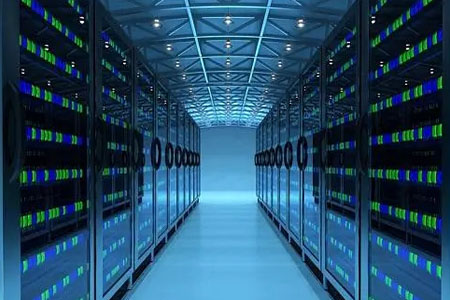When building a network video storage server, the choice of hard drive is crucial to storage performance and reliability. This article will introduce the key factors in selecting a network video storage server hard drive and provide some suggestions to ensure that the server can store large amounts of video data efficiently and reliably.
1. Storage capacity:
Network video storage servers usually require large-capacity hard drives to cope with the continuous growth of video data. Choosing high-capacity hard drives can extend the service life of the server and reduce the frequency of capacity expansion.
2. Performance requirements:
For video storage, high read and write performance is required, especially when processing multiple video streams at the same time. Therefore, it is crucial to choose a hard drive with good read and write performance.
3. Continuous writing performance:
The video storage server needs to be able to support the performance of continuously writing large files. For scenarios such as surveillance cameras, continuous write performance is critical for real-time recording and playback.
4. RAID support:
Using RAID (Redundant Array of Disks) can improve data redundancy and system fault tolerance. Therefore, choosing a hard drive that supports RAID can help improve data security.

5. Durability and reliability:
Video storage servers usually need to operate stably 24/7. so the durability and reliability of the hard drive are key considerations. Choose a hard drive brand that is designed to run for long periods of time and has high-quality manufacturing.
6. Adapt to different workloads:
Different video storage workloads may require different types of hard drives. For example, enterprise-level hard drives are usually suitable for high-load, continuous operation scenarios, while NAS hard drives are suitable for network storage environments.
Precautions:
Consider capacity expansion: Choose a hard drive that supports hot swapping and capacity expansion so that storage capacity can be easily expanded when needed.
Adequate backup: No matter what type of hard drive you choose, data backup must be performed regularly to ensure the security and recoverability of video data.
Temperature and heat dissipation: Keeping the hard drive operating within a suitable temperature range and rationally designing the heat dissipation system will help improve the stability and lifespan of the hard drive.
Taking the above factors into consideration, choosing a hard drive suitable for network video storage servers is an important part of ensuring system performance and data security. The final choice should be based on specific application scenarios, budget and performance needs to make a reasonable decision.

 EN
EN
 CN
CN









